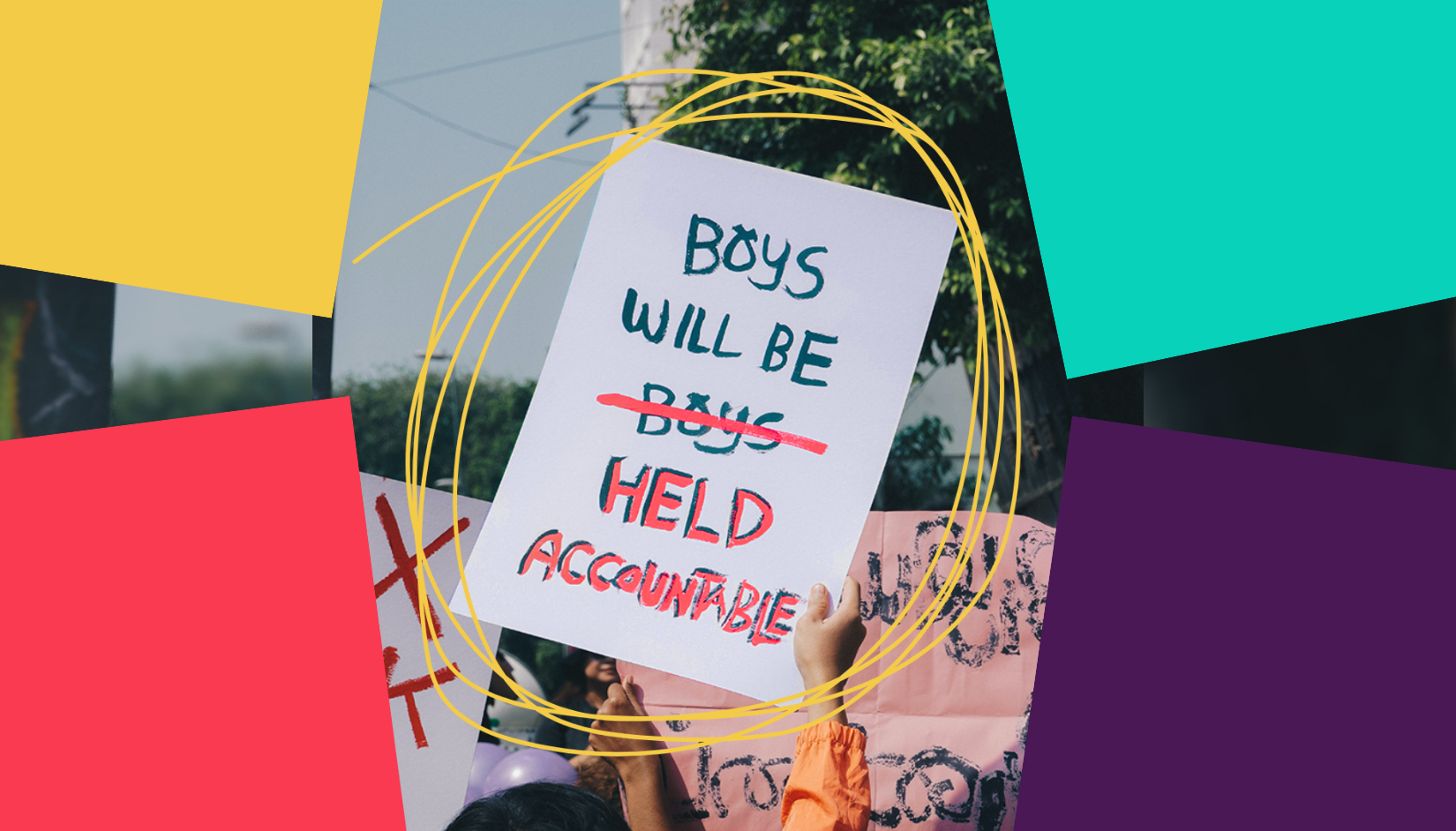 25 Nov
25 Nov
The Home Affairs Committee has today (12th April 2022) published its report on the investigation and prosecution of rape, which has been in sharp decline since 2016.
While reported rapes reached an all-time high in the year to September 2021, charging, prosecution and convictions have plummeted, with just 1.3% of reported rapes resulting a charge.
And we know that these figures are still just the tip of the iceberg, as many women do not feel able to report to police, for reasons ranging from cultures of victim-blaming, to rape myths and stereotypes that impact how survivors are treated by the police.
In addition to these barriers to justice, rape survivors face lengthier delays to their cases than other victims of types of crime, and a justice system that treats them poorly at every stage of the process.
The End Violence Against Women Coalition and its partners have long campaigned against the effective decriminalisation of rape; taking the Crown Prosecution Service to court for judicial review into failings to prosecute perpetrators.
Echoing our response to the government’s Rape Review, the Committee highlight that the target of returning to 2016 prosecution levels by 2024 lacks ambition, as it would simply mean returning to a level that was widely regarded as poor.
Mirroring the concerns of specialist women’s organisation, the Committee reports little confidence that this target will be achieved, calling on the government to go much further by transforming how rape and sexual offences are handled in policing, the CPS and courts.
We welcome a number of the Committee’s other findings, including:
- Warnings that reforms to justice agencies will make little national impact without significant funding.
- Highlighting the need to transform focus on victims’ often traumatic experience of the justice system, including addressing lengthy delays in cases reaching court, harmful evidence-gathering processes such as examination of previous sexual history, and poor provision of support services due to a paucity of funding.
- Dedicated rape teams and specialised training for officers would significantly improve the police response to rape and sexual offence cases but are yet to be set up in many forces. Data concerning the number of specialised officers and wider dedicated services is poor and will need to improve if the criminal justice response is to be better coordinated.
- Concerns that there is inadequate availability of specialist therapy and pre-trial counselling due to long waiting lists that are a result of lack of funding to specialist support centres. Demand continues to far outstrip supply.
- Lack of clarity around how and when pre-trial therapy notes can be requested and shared with police, prosecutors and the defence is concerning and risks survivors not accessing the vital support they need.
- The absence of oversight and accountability of the different reviews, strategies and plans which are being implemented, but not yet evidencing any real change for survivors
The End Violence Against Women Coalition is clear that in order to address the serious, systemic and cultural issues within our justice agencies, CPS leaders must be held to account for decision-making and performance on justice in relation to rape.
Rebecca Hitchen, Head of Policy and Campaigns at the End Violence Against Women Coalition, said:
“In 2020, the End Violence Against Women Coalition, Imkaan, Rape Crisis England & Wales and the Centre for Women’s Justice set out recommendations for government to overhaul the justice system and ensure survivors access justice.
Following the Rape Review and the first set of rape scorecards published, it’s clear that over one year later, there has been very little change in how rape is treated in the criminal justice system.
While government continues to try and reassure us that addressing violence against women is a top priority, this report serves to underline how much attention and investment is needed. Government can no longer ignore this issue and the changes that parliamentary committees and, more importantly, survivors are calling for.
This is an urgent human rights issue and we expect to see these recommendations delivered rapidly, so no more survivors are excluded from accessing justice and support.”
ENDS
Media contact
Sinead Geoghegan, Communications Manager, sinead.geoghegan@evaw.org.uk, 07960 744 502
Recommended ARTICLES
 25 Nov
25 Nov
 15 Nov
15 Nov
 12 Nov
12 Nov

